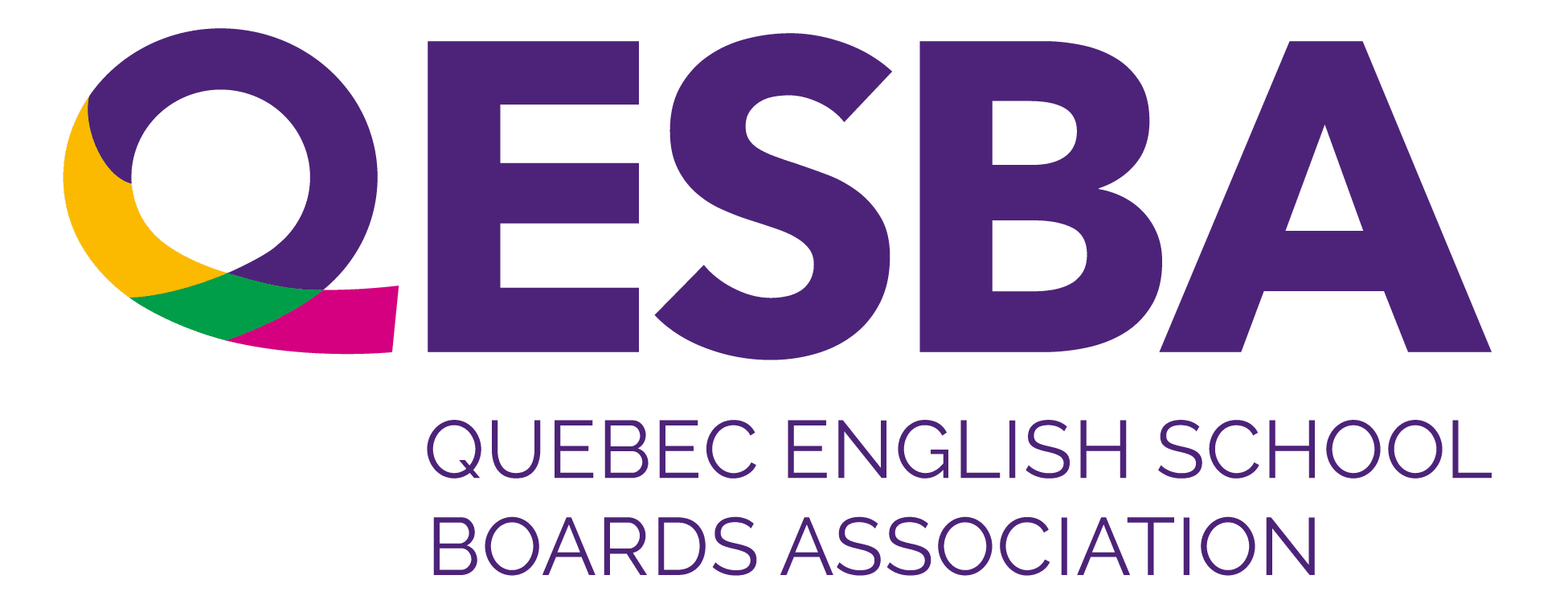English public education has a long and storied history in Quebec. Today the system has roughly 100,000 students in schools located throughout the province. We strongly believe that quality English public education is essential to our future, and that maintaining control and management of that education by means of elected school boards is vital to the future of English-speaking Quebec.
Over the years, we have heard intelligent, well intentioned people propose other educational models, such as unified French-English boards and, more recently, the abolition of elected school boards to be replaced by local “service centres,” in order to give more local authority to principals, teachers, professionals and parents.
Why do we need elected school boards?
Quebec is a big place. It is three times the size of France; four times that of the United Kingdom. Large, diverse territories often need decentralized public services. Issues in the Gaspé are significantly different from those in greater Montreal. Add language to the geographic and demographic differences and it becomes inconceivable to us that primary and secondary education throughout Quebec could be successfully controlled and managed centrally from the capital in Quebec City. While a common curriculum and standards are necessary, some form of decentralized authority is appropriate to ensure our education system responds to varied needs across the province, including adequate French-language programs to allow our students to function and indeed thrive here in Quebec.
But why elected school boards?
There are a number of important reasons why Quebec should maintain locally elected school boards. Local responsiveness and proximity to the community are two. Additionally, if there is going to be a school tax, then only elected boards meet the age-old criterion of “no taxation without representation.” We all pay school taxes. Property owners do so directly; renters do so indirectly through their monthly rent. School-tax payers (not just parents, teachers, professionals and administrators) deserve — indeed in our opinion, require — a say in how our schools are run. We do that through periodic elections.
But what about the disappointingly low participation rate in school board elections?
Participation is indeed low. It is generally higher in English boards than French ones. But the answer is to look at ways to improve the turnout rate, not to abolish elections. As Winston Churchill once famously remarked, “it has been said that democracy is the worst form of government except for all those other forms that have been tried from time to time.” Democracy, as expressed by universal suffrage elections, is an essential element in our society.
Education is one of the pillars of any community. This is particularly true of a minority community.
Since the creation of linguistic school boards more than 20 years ago, English school boards are among the few institutions controlled and managed by the English-speaking community. This control and management is vital to a minority community. It has been recognized as such by a number of Supreme Court of Canada decisions relating to various educational rights clauses of the Canadian Charter of Rights and Freedoms adopted by the Parliament of Canada in 1982. It is our position, and the position of many Canadian legal experts, that the English-speaking community of Quebec has a constitutional right to control and manage its educational facilities, and that the abolition of English school boards would be an infringement of these rights.
So where do we go from here?
Quebec is in the midst of a general election and education issues are at the forefront of the campaign. Monday’s English-language debate presents a prime opportunity for the party leaders to address the issues we have raised. We, as English-speaking Quebecers, deserve no less.
Dan Lamoureux is president and Russell Copeman is executive director of the Quebec English School Boards Association.

